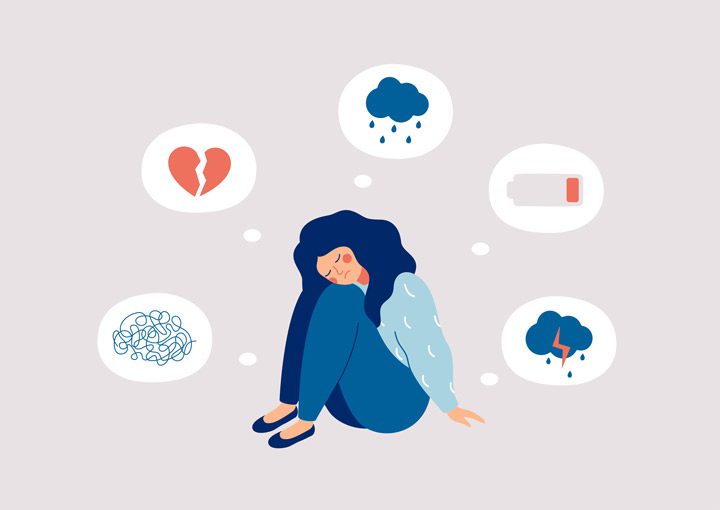
Why Don’t People Get Help for Drug Addiction?
Why Don’t Some People Seek Treatment for Their Addiction?
When a friend or loved one is using drugs, you see their suffering and want to help. You may offer them all varieties of support and resources, but they never seem willing to follow through. You may feel frustrated with them. After all, the solution seems obvious: get treatment. Why is it, then, that people with a drug or alcohol disorder don’t seek out help right away–or at all?
They Don’t Want to Admit They Need Help
In some situations, people with a drug or alcohol addiction don’t know they have an addiction. More precisely, they don’t know how much their drug use is impacting the rest of their life. They may feel as though they have everything under control.
In this case, giving them evidence to show how much their drug use impacts them and those around them can be your primary goal. Don’t tell them: show them. Give specific examples of times when their drug or alcohol use has hurt them or others. Remind them of how they’ve changed since they started using heavily.
They Have Mental Health Disorders
It is also very common for people with drug addiction to have mental health disorders such as PTSD, depression, anxiety, and bipolar disorder. When addiction accompanies a mental health condition, this is called a co-occurring disorder. It is very hard to diagnose co-occurring disorders.
If the addiction and mental health condition are not treated simultaneously, drug or alcohol rehab treatment will not be effective. For example, if someone with PTSD is using alcohol or drugs as a way to cope with that trauma, they will have a hard time stopping their drug use if they don’t also address the PTSD and learn other ways to manage it. A comprehensive plan becomes essential.
The Criminal Justice System Gets in the Way
It is common for people with drug addiction to also have a criminal record. It doesn’t matter which came first. When this is the case, the criminal justice system makes it very hard for a person to get the care they need for mental health disorders or drug addiction. The National Institute on Drug Abuse says about 45 percent of criminal offenders have mental health problems and substance use disorders. Putting them in prison doesn’t solve this problem. Once they are able to leave, they return to drug use to cope with the symptoms of their mental health disorder.
There’s a Stigma Around Drug Addiction
Despite growing understanding of addiction as a disease, it still carries a stigma in our culture. This stigma is very much a deterrent to getting help. Will other people know about your drug use? Will your boss find out? Will it impact your relationship with your family? People can easily talk themselves out of getting help. Still, they cannot stop using. Their body and brain depend on the drugs. They keep using because they have to, feeling unable to do anything else.
Providing Your Loved One with Care
What should you do if your loved one is facing addiction? If they are unable or unwilling to get help, show them what their options are.
- Tell them what their addiction is doing to you. How is it impacting their life and your life?
- Explain to them how addiction treatment can help them. What will it do for them?
- Provide them with access to treatment – reach out to our team here for guidance.
- Consider working with an interventionist.
- Help them get screened for a mental health disorder.
Empowering your loved one is important. Our drug and alcohol treatment center in Lafayette, LA is available to provide your loved one with the guidance they need. No matter why they have been reluctant to get help, we can offer them the support they need to get sober.
